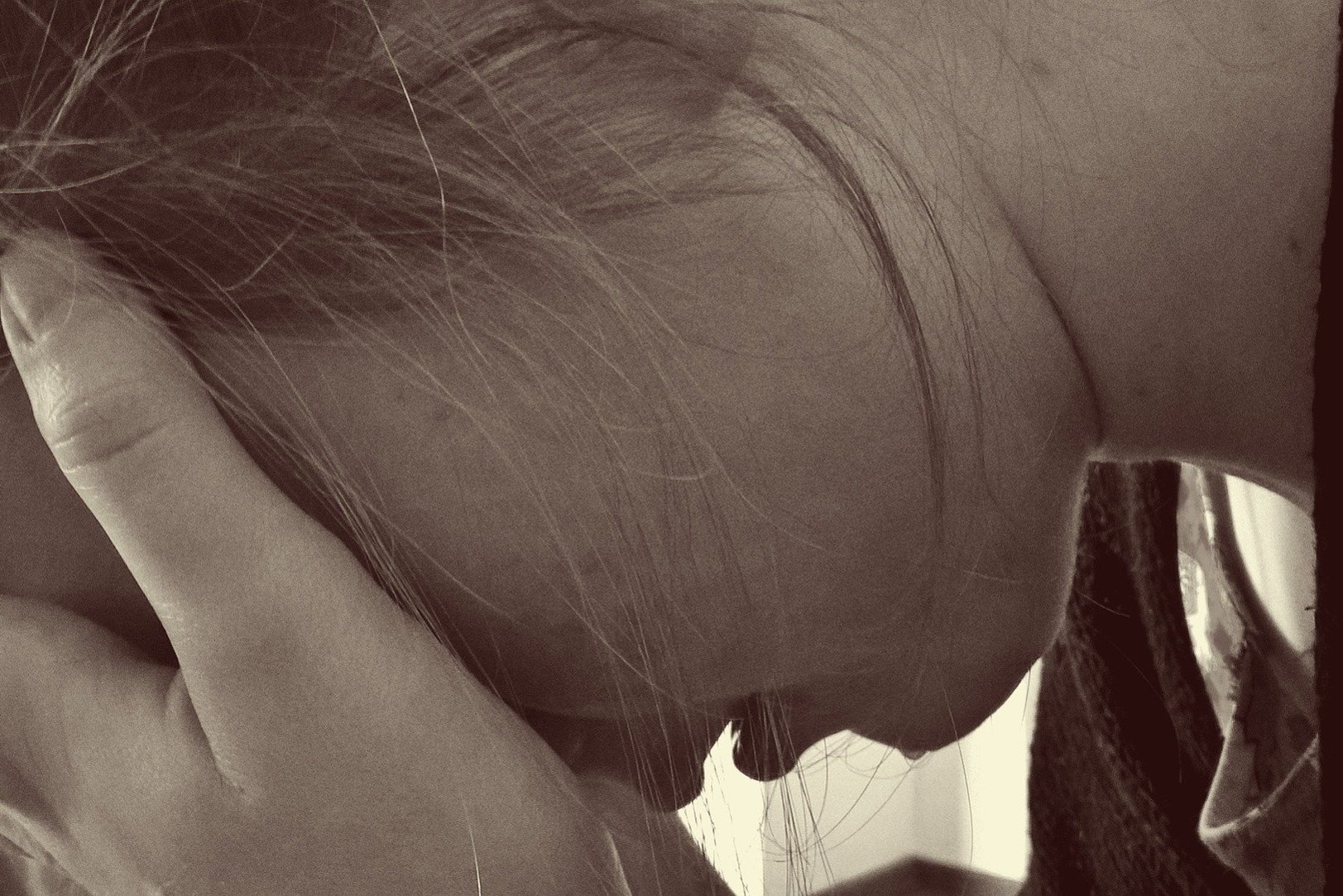School Anxiety in Teenagers
Posted on 7th October 2022 at 12:40
As the new school term has already started there may be a mixture of anxiety and excitement for a fresh start. A substantial change to secondary school can trigger anxiety and challenges to cope with change, especially if your child is Autistic or has additional needs.
I see so many children and young people with school anxiety in one form or another albeit test, social or separation anxiety.
Many will experience emotional and physical symptoms as listed below:
Emotional Symptoms of Anxiety Attack:
Difficulty concentrating
Restlessness
Feelings of dread
Irritability
Feeling as if your mind suddenly blanks out about certain information
Anticipations of the worst (extreme negativity)
Feeling edgy or extremely tense
Physical Symptoms of Anxiety Attack:
Racing heartbeat
Shaking and trembling
Nausea
Dizziness
Shortness of breath (hyperventilating)
Headaches
Fatigue
Insomnia
Muscle tension and soreness
Sweating (even in cool temperatures)
Skin rashes
Dry mouth
It is normal to feel anxious over certain situations in life – like stress with work, exams, job interview or that a loved one has a serious illness.
Anxiety can also provide you with the energy and gumption you need to escape from a dangerous situation or get things done under time constraints.
But excessive anxiety and worry over these and other things can disrupt your life and greatly reduce the quality of life you are living.
If you spend time worrying excessively or needlessly over little things, or things that might occur, and have repeatedly experienced the symptoms of anxiety attacks above, you should seek professional help.

What young people want parents to know about school:
We are under high pressure and stress over our grades.
It feels like we must be the same as our peers.
It is okay for us to do stuff that is not schoolwork – other interests are important.
We need space to breathe and unwind after school.
I would like it if you made time to chat to me and ask me how my day was when I get home.
I need you to be on my side and listen to me as well as my teachers.
You can support me better if you really get to know me and what I need.
I need you to trust me, and to not assume you know what school is like.
Some therapeutic techniques which we can work on together to help you reduce anxiety include:
Relaxation techniques
Visualising
Exposure to feared situation in a calm way and at your pace
Identifying and altering self-talk
Challenging irrational beliefs
Writing therapy such as worry journal or for younger children set up a worry box and chat about their worries at home and try and get rid of some of the notes when the worry has gone.
Get support from school staff who are experienced in student anxieties. Look at school timetable and motivations and subjects enjoyed.
Make a coping plan to reduce anxiety.
Creative ways of self-soothing, using art, writing, and ideas as noted above.
What you can do to help your teen with school anxiety:
If your teen is neurodivergent or ADHD or has additional needs, the new school term may bring lots of anxiety and challenges. This will impact the whole family.
Establish a “Worry Time” with your teen when they can write down their worries and you listen and not resolve and hopefully they can destroy some worry notes as they have already happened, and they no longer need to worry. It shows that worries don’t last, and they can get through this challenging time.
Build a relationship with the teachers to advocate for your child.
Make sure your child is familiar with the school pastoral staff or adults that can support them and listen to their worries.
Help your teen to plan and organise their school kit before each school morning so they are not stressed by forgetting something they need.
Encourage your teen to think about the positives of school and the subjects they do like.
Help them to problem solve for themselves and use open questions to get them to reduce their anxiety in and around school.
Ask you is part of their support team. Which friend or teacher can help?
Ask school for an exit card to allow them to leave class and self-soothe to return.
Encourage your child to join clubs or social events to enjoy their leisure time and forget about school.
One way of reducing anxiety in children is to teach them to look for the early warning signs of anxiety as above symptoms and then implement a coping plan. They can then practice their plan around school, sitting exams or socialising with friends or separating from parents.
If your child or teenager is struggling with school anxiety, then do get in touch so we can work together on a coping plan.
I would love to help, so don’t hesitate to call me on 07412651894 or email at hello@juliewalescounselling.co.uk.
I look forward to helping your family reduce stress!
Share this post:






